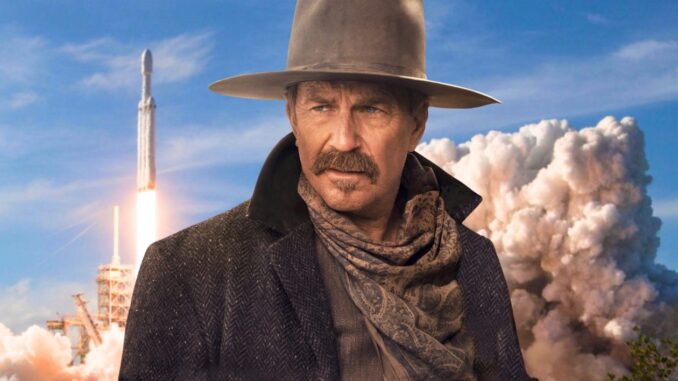
The winds that whisper across the sprawling canvases of the Yellowstone Dutton Ranch now carry an unfamiliar silence, a gaping void where once stood the immovable pillar of its legacy: John Dutton. For seasons, he was the gnarled oak at the heart of the storm, the defiant anachronism battling the relentless march of modernity, embodying the very soul of the land he sought to protect. His story, etched in the blood and soil of Montana, resonated deeply with millions, building a loyal viewership deeply invested in his fight. Then, with a narrative shrug rather than a thunderous farewell, John Dutton simply… wasn’t.
The abruptness of his departure, reportedly without the poignant, definitive conclusion his character deserved, has sent shockwaves through the fan base. It’s not merely a character leaving a show; it’s a foundational element vanishing, a cornerstone extracted without warning. The sentiment, amplified across digital forums and fan communities, boils down to a visceral demand for closure and a profound feeling that a sacred legacy has been betrayed. As one frustrated comment noted, “Many feel legacy betrayed” – and that betrayal cuts deep, striking at the very heart of why we watch stories.
John Dutton was more than just a rancher; he was a philosophy made flesh. He represented a bygone era of grit, uncompromising loyalty, and a fierce, almost spiritual connection to the land. His battles, whether against corporate greed, tribal politics, or his own tumultuous family, were always waged with the weight of generations on his shoulders. Fans didn’t just passively consume his story; they invested in it. They cheered his triumphs, mourned his losses, and agonized over his moral compromises, believing implicitly in the eventual, meaningful resolution of his epic struggle. They expected a fitting end to a saga so deeply rooted in the concept of generational inheritance and the fight to preserve what one holds dear.
But instead of a final, heroic stand, a quiet, contemplative retirement, or even a sacrificial demise that cemented his legend, John Dutton’s narrative thread was reportedly snipped mid-sentence. This isn’t just a plot hole; it’s a narrative rug pulled from beneath the collective feet of an audience that had walked with him through years of trials. The lack of a proper send-off, a final conversation with his children, a last look at the mountains he called home, feels like a profound disrespect to the character and, by extension, to the millions who adored him. It’s akin to reading a masterful novel only for the final chapter to be mysteriously absent, leaving the reader stranded in an unresolved world.
This betrayal extends beyond the character to the very nature of storytelling itself. A good narrative creates a covenant with its audience: “Follow us, invest your emotions, and we will provide a satisfying conclusion.” When that covenant is broken, the entire edifice of the story, even past moments of brilliance, begins to wobble. The lack of closure for John Dutton doesn’t just leave a phantom limb of a plotline; it casts a shadow over all his past struggles. Did he win his fight? Did he finally find peace? Was his life’s work undone in his absence? The unanswered questions chip away at the weight and significance of his entire journey. His legacy, once a towering monument to defiance and tradition, now stands as a magnificent, yet ultimately incomplete, epic.
The fans’ demand for closure, therefore, is not a simple plea for spoilers or plot details. It is a primal outcry for narrative justice, for the respect due to a character who became an icon, and for the integrity of the story world they so deeply cherished. It is a yearning for the narrative equivalent of a proper burial for a legend, a final, weighty conversation that brings peace not just to the character, but to the collective conscience of his devoted audience. Until then, the winds across the Dutton Ranch will continue to carry a heavy silence, a testament to a legacy unfulfilled and a story left tragically, unforgivably, untold.
